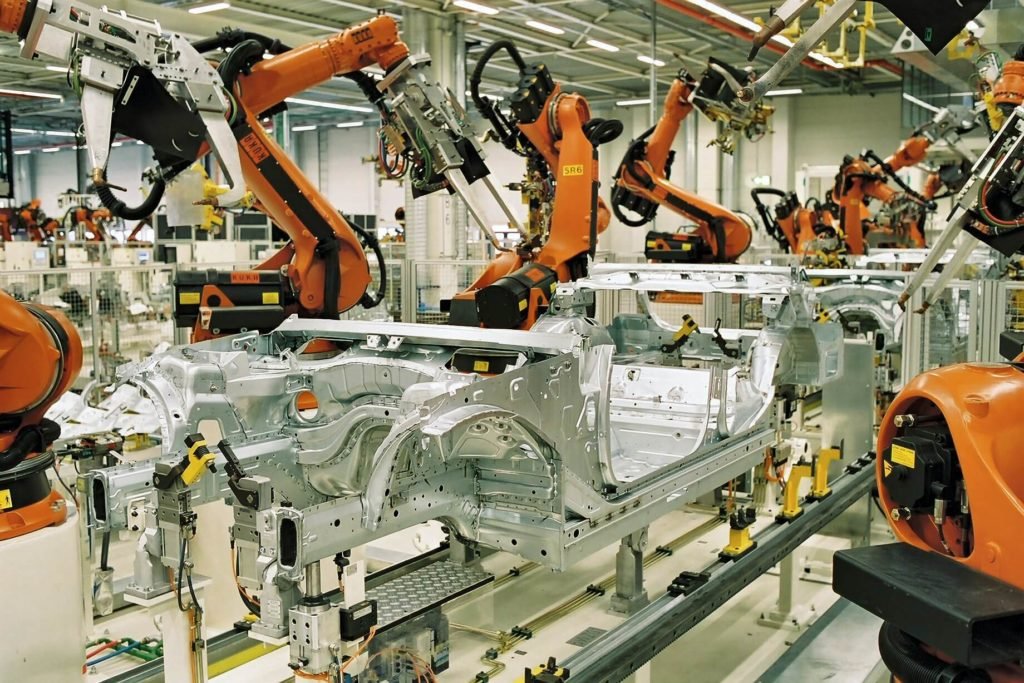Business
The dangers and disadvantages of modern technology
Some disadvantages include experiencing social isolation and job cuts in companies.

Modern technology is a boon to consumers and corporations alike.
The recent invention of the Internet of Things (IoT), as well as the sudden rise in popularity of mobile devices, has led to a revolution of smart devices we could never have imagined a few years ago.
Unfortunately, such breakthroughs aren’t without their faults and shortcomings. There are plenty of dangers and disadvantages of modern technology that aren’t always so apparent.
Job loss
Some of those among the working class fear that more technology in the workplace—which often comes in the way of increased automation—is replacing human workers.
A recent report by Ball State University supports this claim. It attributed the 2000-2010 job market decline to the introduction of more automated technology.
Most experts agree; greater technology in the workplace will result in the loss of some jobs, especially mundane, menial and laborious tasks. These same experts point out that we can provide better training to incoming employees to increase their versatility on the tech-driven job site.
Identity theft
The problem of identity theft is on the rise. Per a recent report, hackers drained approximately $16 billion from a collective 15.4 million consumer accounts in the U.S. alone during 2016.
As computers and network systems become stronger and more resilient, hackers and malicious users improve their methods, too. Some of their newest tricks are downright ingenious.
Some of the more audacious hackers now use custom devices to skim credit card information. They could also track your internet activity from a distance. You don’t even have to swipe a card to have your details stolen, so it’s critical that you protect these assets at all costs.
RF shielding pouches—like the ones used by law enforcement or military personnel to safeguard evidence and transport confidential data—are a great solution for the average consumer. Since they come in various shapes and sizes, these pouches can secure nearly anything, ranging from a single device to a laptop, with ease.

The rise of automation in processes of industries like manufacturing can lead to job loss. (Photo by BMW Werk Leipzig via Wikimedia Commons. CC BY-SA 2.0 DE)
Social isolation
Modern social media sites are so popular that it’s hard to imagine life without them. True, these online portals have much to offer, both regarding professional and personal networking. However, some users suffer from serious mental health problems as a direct result of their use.
Numerous studies link heavy social media usage to depression, social isolation, and similar issues. Although some of these results are open to interpretation, most mental health practitioners recommend using social media in moderation.
Next-gen weaponry
If you’re the average consumer living in the 21st century, you probably don’t spend much time thinking about next-gen weaponry and warfare. We’re relatively safe and secure in the United States. Yet, pending and futuristic breakthroughs could bring the battlefront into the cyber realm.
Some consider Russia’s recent interference with the U.S. presidential election an act of cyber-war. This is debatable, but it highlights several important questions: When do we make a digital declaration of war? What exactly defines an act of cyber warfare, and how do we, as a nation, respond?
Roadblocks like these require unique and creative solutions when moving forward with a plan to win the next-gen battles taking place within the farthest reaches of cyberspace.

The increasing reliance of man on social networking sites can bring problems like social isolation and depression. (Source)
Embracing technology and securing our future
The points in this article might scare you away from technology, but that isn’t the purpose.
Instead, we all need to embrace technology, learn as much as we can about next-gen systems and use the security mechanisms that are currently available.
This will not only make it more difficult for potential hackers and would-be identity thieves to target individual consumers or enterprises. It also ensures our readiness if an incident does occur.
—
DISCLAIMER: This article expresses my own ideas and opinions. Any information I have shared are from sources that I believe to be reliable and accurate. I did not receive any financial compensation in writing this post, nor do I own any shares in any company I’ve mentioned. I encourage any reader to do their own diligent research first before making any investment decisions.

-

 Biotech1 week ago
Biotech1 week agoEcnoglutide Shows Promise as Next-Generation Obesity Treatment
-

 Markets2 weeks ago
Markets2 weeks agoCocoa Prices Drop Amid Speculative Selling and West African Supply Concerns
-

 Business5 days ago
Business5 days agoThe TopRanked.io Weekly Digest: What’s Hot in Affiliate Marketing [PureVPN Affiliates Review]
-

 Cannabis2 weeks ago
Cannabis2 weeks agoIs Aurora Cannabis Stock a Risk Worth Taking?























You must be logged in to post a comment Login